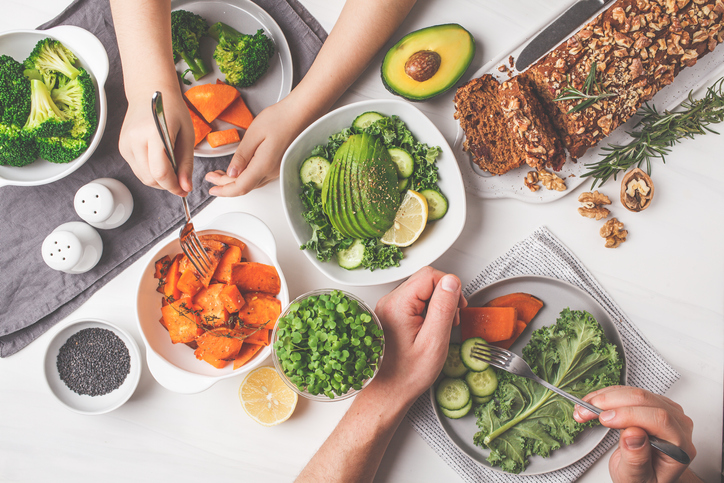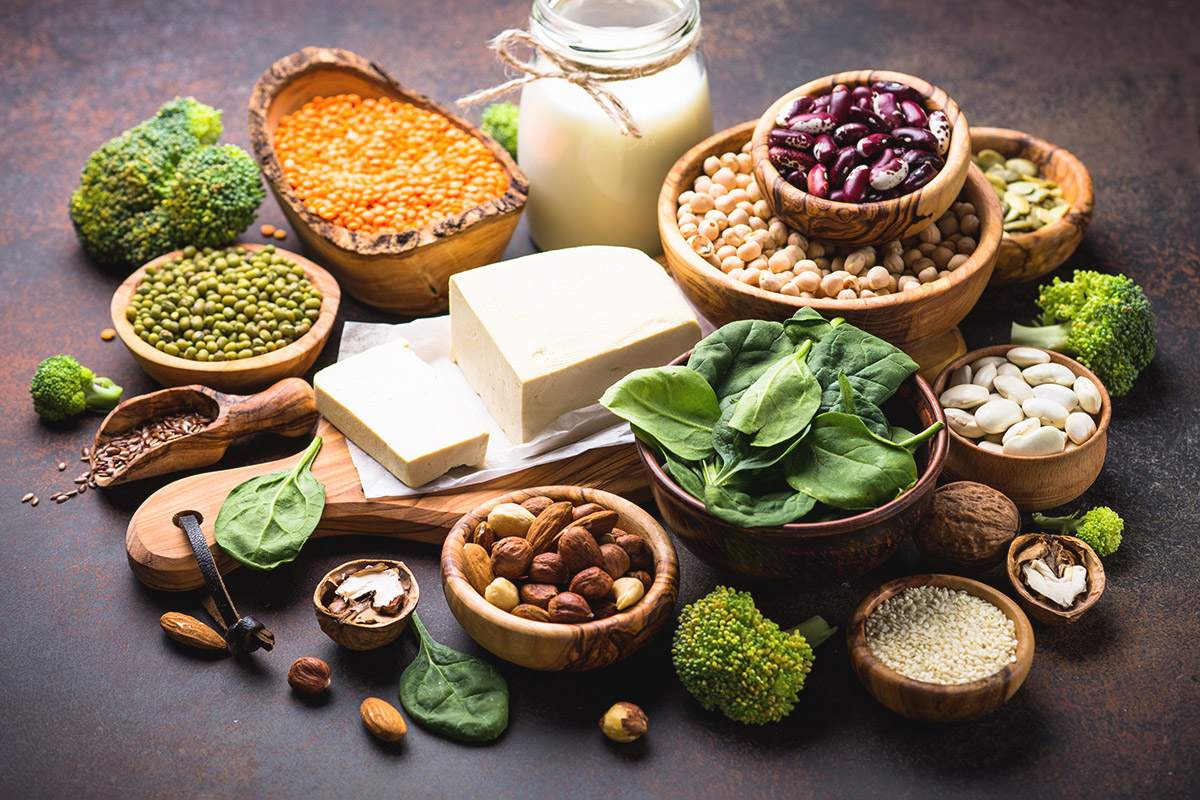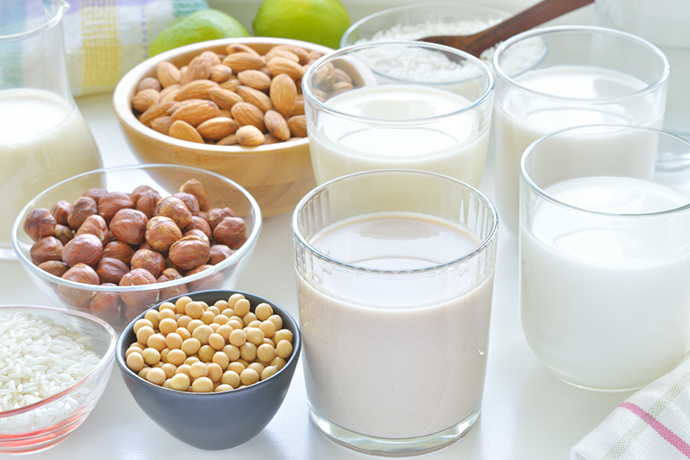
Vegan diets have been linked to a variety of health benefits, including improved weight management and protection against certain chronic diseases. However, finding balanced, healthy meals on a vegan diet can often be difficult and overwhelming. If improperly planned, vegan diets may cause nutritional deficiencies and health problems.
WHAT IS A WEGAN DIET?
The vegan diet is an eating plan that eliminates all animal products, including meat, fish, eggs, dairy, and honey.
People decide to adopt veganism for different reasons, such as ethical concerns or religious principles. Others may decide to become vegan to decrease their ecological footprint, as plant-based diets are thought to generate fewer greenhouse gas emissions and use fewer natural resources.
Still, the environmental impact of any diet depends on multiple factors, including the way that foods are produced, packaged, and transported. Some also decide to follow a vegan diet for health reasons, as veganism is associated with a multitude of benefits and may even help prevent certain chronic diseases. In particular, vegan diets have been shown to improve heart health, increase weight loss, and support blood sugar control.
Health benefits of veganism
Research demonstrates that a well-rounded vegan diet may improve several aspects of your health. According to one review, vegans have a 75% lower risk of developing high blood pressure than omnivores, or those who eat both meat and plants. They also tend to have a lower body mass index (BMI) and lower levels of total and LDL (bad) cholesterol. High levels for these markers are all risk factors for heart disease. One study in 18 women found that following a vegan diet for 6 months resulted in decreased calorie and fat intake, as well as faster short-term weight loss, compared to a low-calorie, omnivorous diet. Some research also suggests that veganism may be beneficial for blood sugar control and could help reduce your risk of diabetes. In fact, one study in nearly 61,000 people showed that vegans were 2.6 times less likely to develop type 2 diabetes than omnivores. A vegan diet may also reduce osteoarthritis symptoms — including joint pain and swelling — and your risk of certain cancers, such as those of the breast and prostate
Vegan shopping list
A healthy vegan diet should contain a variety of whole grains, proteins, healthy fats, and fruits and vegetables.
Foods like nuts, seeds, legumes, soy products, and nutritional yeast can all help boost your protein intake throughout the day.
Meanwhile, avocado oil, coconut oil, and olive oil are nutritious, vegan-friendly choices for healthy fats.
Here is a sample vegan shopping list to help get you started.
Fresh produce
- Vegetables: asparagus, bell peppers, broccoli, cabbage, carrots, cauliflower, garlic, kale, onions, potatoes, spinach, tomatoes, zucchini, etc.
- Fruits: apples, bananas, blueberries, grapes, grapefruit, lemons, limes, kiwis, oranges, peaches, pears, pomegranates, strawberries, etc.
Frozen produce
- Vegetables: broccoli, Brussels sprouts, butternut squash, carrots, cauliflower, corn, green beans, peas, vegetable medley, etc.
- Fruits: blackberries, blueberries, cherries, mangoes, pineapples, raspberries, strawberries, etc.
Whole grains
- barley
- brown rice
- buckwheat
- bulgur
- farro
- oats
- quinoa
- sorghum
- teff
Breads and pastas
- brown rice pasta
- Whole-wheat pasta
- sprouted bread, such as Ezekiel bread
- brown rice wraps
Protein sources
- Nuts: almonds, Brazil nuts, cashews, hazelnuts, macadamia nuts, peanuts, pecans, pistachios, walnuts, etc.
- Seeds: chia seeds, flax seeds, hemp seeds, pumpkin seeds, sesame seeds, sunflower seeds, etc.
- Legumes: black beans, chickpeas, kidney beans, lentils, navy beans, pinto beans, etc.
- Soy products: tempeh, tofu, etc.
- Protein powders: pea protein powder, brown rice protein, hemp protein, etc.

Dairy alternatives
- Milk substitutes: almond, cashew, coconut, flax, oat, rice, and soy milks, etc.
- Yogurt substitutes: almond, cashew, coconut, flax, and soy yogurts, etc.
- Vegan cheese:vegan parmesan cheese, shredded and sliced varieties, etc.

Egg alternatives
- aquafaba
- arrowroot powder
- chia seeds
- cornstarch
- flax meal
- prepackaged vegan egg substitute
- silken tofu
Healthy fats
- avocados
- avocado oil
- coconut oil
- flax oil
- olive oil
- unsweetened coconut
- tahini
Snack foods
- edamame
- dark chocolate
- dried fruit
- fruit leather
- hummus
- nut butter
- pita chips
- popcorn
- roasted chickpeas
- seaweed crisps
- trail mix
Sweeteners
- coconut sugar
- dates
- maple syrup
- molasses
- monk fruit
- stevia
Spices and condiments
- cayenne pepper
- chili powder
- cinnamon
- cumin
- garlic powder
- ground ginger
- nutritional yeast
- paprika
- pepper
- rosemary
- thyme
- turmeric
Website: www.healthline.com
